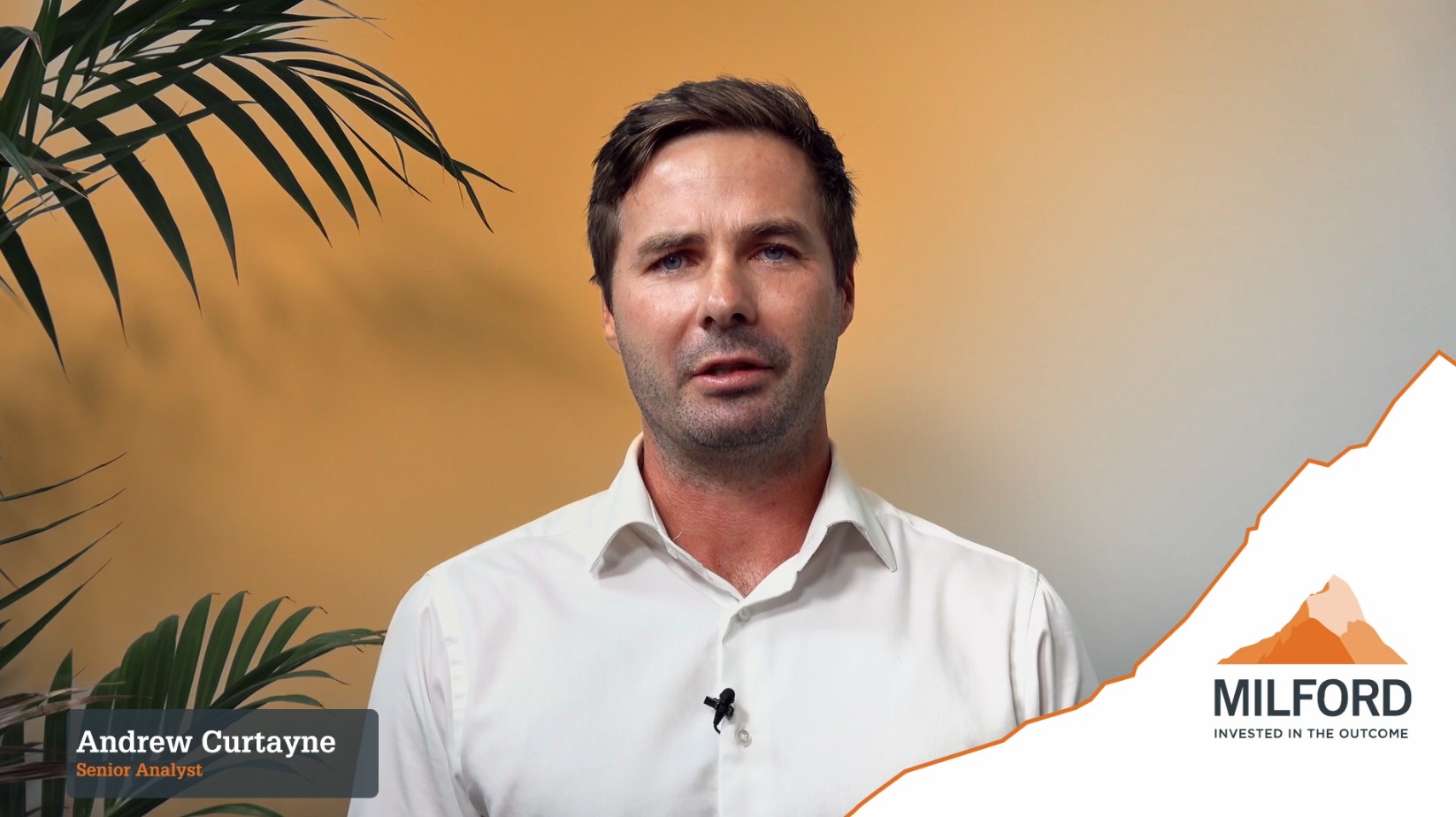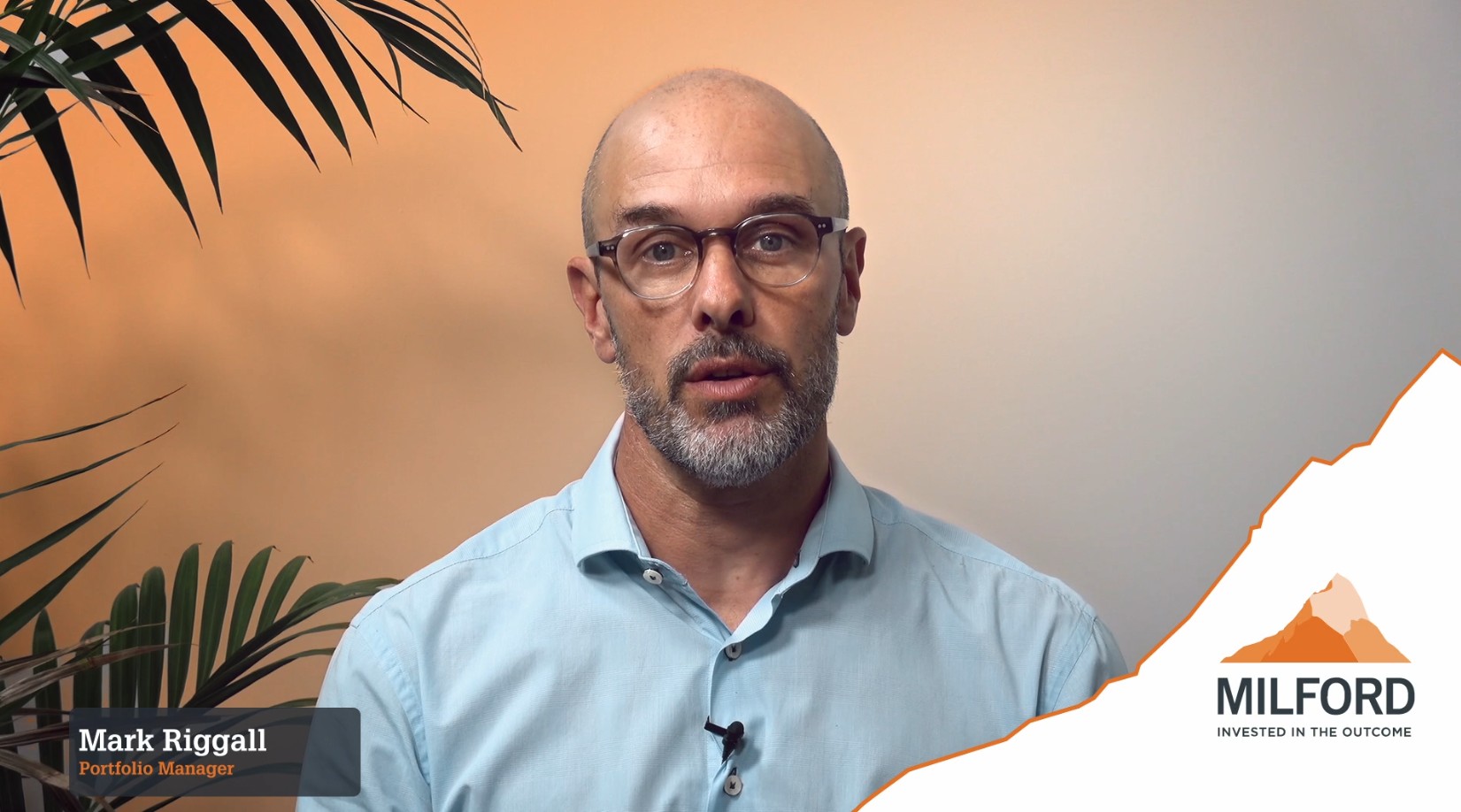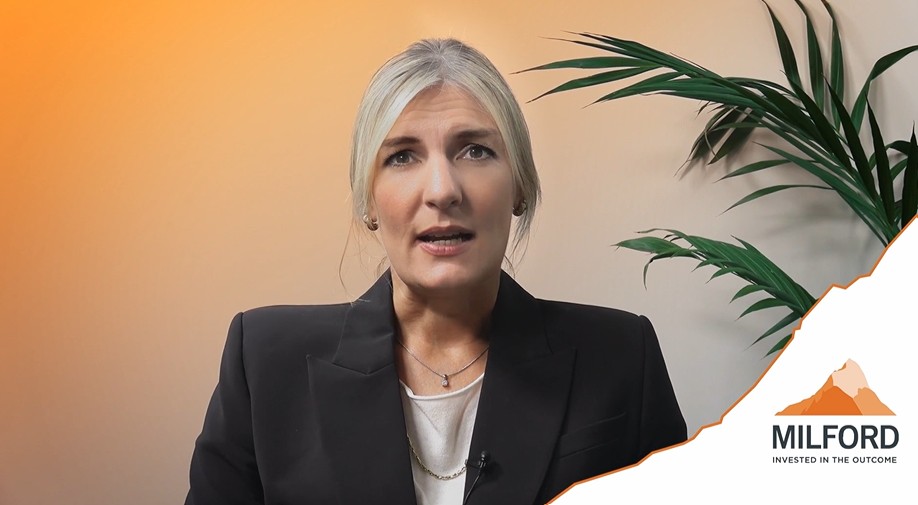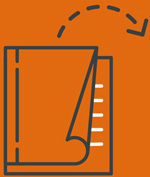Intuitive – the pioneer of robotic assisted minimally invasive surgery
Intuitive (ISRG US) is the global leader in robotic assisted minimally invasive surgery. To understand Intuitive, it is helpful to look back at the history of surgery and how much the landscape has changed over time. Anaesthesia has only been used since 1846, it was only in the 1860s that disinfectants began to be used to clean surgical tools and operating rooms. Antibiotics were not on the scene until the late 1920s. As you can imagine, without anaesthesia, disinfectants or antibiotics, surgical outcomes were poor and complication rates were significantly higher. “Keyhole surgery” or “laparoscopic surgery” was the next big development, coming onto the scene in the 1980s. This was a positive step forward as it allowed surgery to be performed with smaller incisions (hence it is described as “minimally invasive” surgery), resulting in less bleeding, fewer complications and a faster recovery for patients. The next frontier was pioneered by Intuitive, which launched its da Vinci Surgical System in 2000 using a robot to assist in minimally invasive surgical techniques.
In contrast to the way we think about traditional surgical methods, where the surgeon operates directly on the patient, the da Vinci robotic system has tools attached to robotic arms that hover over the patient and are manipulated by a surgeon sitting at a surgical console. The surgeon looks through the da Vinci vision system which delivers 3D-high-definition views, giving clear visualisation that can be magnified to 10x what the naked human eye can visualise. The console is used to control small instruments that move like a human hand but with a far greater range of motion. The basic idea is that the system extends the capabilities of the eyes and hands of surgeons.


Source: Intuitive
We are now 21 years on from the launch of the first da Vinci system, and Intuitive is now on its fourth-generation robot, the da Vinci Xi (see image above on the left). There are currently 6,525 Intuitive systems in clinical use in 67 countries around the world and there have been 9.7 million procedures performed to date, and 28,000 peer-reviewed clinical publications. Studies demonstrate that robotically assisted surgeries typically have a lower rate of complication and a shorter length of patient stay in hospital which in turn reduces overall healthcare costs.
Procedure growth has been strong, and the opportunity for future growth is large. In 2005, 30,000 procedures were performed using the da Vinci which grew to 1.2 million in 2020, implying growth of ~28% per annum. Management at Intuitive refer to a total addressable market of 20 million soft tissue surgeries per annum, of which 6 million are currently ‘in line of sight’, meaning there are products and approvals currently in the market. This implies that current global market penetration is only ~6%. Increasing market penetration over time is expected to drive significant growth.
Another growth driver is Intuitive’s continued expansion to new use cases. Da Vinci X and Xi (multi-port systems) currently have over 70 clinical uses across multiple clinical specialities from urology to gynaecology to general surgery. This number is expected to expand, and at the same time, Intuitive’s da Vinci SP (single port) system has a smaller footprint and different use cases versus Intuitive’s original multi-port systems. Another example is Intuitive’s “Ion”, its flexible bronchoscopy platform which makes a foray into lung cancer diagnostics.

Source: Intuitive Investor Presentation 2020
Despite the attractive market opportunity, competition is only just arriving. Medtronic’s minimally invasive surgical robot “Hugo” came to market late last year and Johnson & Johnson have signalled that their “Ottava” robotic system will begin clinical trials in 2022, however this is not expected to come to market for several years after that.
The impact of competition on pricing and market share remains to be seen, but Intuitive is in a strong position. The sheer length of time that Intuitive has been in the market relative to peers is a source of competitive advantage. Intuitive has had two decades to collect clinical data and improve its systems, and over this period, thousands of surgeons around the world have been trained and become proficient in using these systems. The trust and capability that has been built up over this time has resulted in a sticky user base of surgeons.
Furthermore, in anticipation of this competition, last year Intuitive implemented their extended use instrument program. This increased the life of surgical instruments attached to each of the da Vinci’s “arms” in certain procedures from 10 uses, to 12-18. After the number of uses have been exhausted, replacement instruments are ordered, which creates a recurring revenue stream for Intuitive. The extended use instrument program lowers the cost per procedure, making Intuitive’s value proposition even more competitive as new players come to market.
Intuitive has delivered strong returns for shareholders over the last five years with its shares increasing at a ~35% compound annual growth rate over this period. Whilst we continue to see attractive long-term value, there could be volatility along the way. Intuitive’s high quality and strong growth prospects are to some extent reflected in the current valuation of the company (a P/E ratio of ~63x its forward earnings), which leaves it vulnerable to near term earnings disappointments or potential downward pressure on equity market valuations in a rising interest rate environment. Recent COVID Delta variant waves have resulted in near term volatility in performance as surgical procedures around the world have been disrupted. Further COVID waves remain a near term risk to Intuitive.



